Asda owners the Issa brothers are understood to be close to selling off a chunk of the supermarket’s property portfolio to a US investor in a deal worth £650m.
It is thought that US investor Realty Income Corporation will buy around 25 Asda stores, which the supermarket will in turn lease back and use the funds to ease its soaring debt pile.
It is not the only supermarket to sell and lease back properties. Late last year, Morrisons sold seven logistics centres for £220m, which it has taken the lease on for up to 25 years.
Critics may have lambasted the supermarkets’ private equity owners for selling the family jewels, however, CBRE director of UK retail Adrian Hanley says that sale and leaseback deals have become a sensible approach to take.
“As long as initial rents are based off sensible levels and are protected by suitable caps, sale and leasebacks will be a viable option for occupiers for the foreseeable future,” the property agent says.
However, adopting this strategy can come with a substantial amount of risk, particularly if rents are not set at a sustainable level. In fact, experts say that sale and leaseback deals contributed to the financial woes of Debenhams and Woolworths.
Grocery Gazette looks into why supermarkets are selling and leasing back their sites and what the real risks are of taking this approach.
Subscribe to Grocery Gazette for free
Sign up here to get the latest grocery and food news each morning
The benefits of sale and leaseback
Sale and leaseback deals are nothing new. In fact, they are fairly commonplace in the retail sector, with businesses opting for such an approach because they generate cash.
CBRE senior director of retail capital markets, George Pelling, says: “Supermarkets have significant amounts of capital tied up in their physical real estate and it is an efficient way of raising funds.
“These funds can be recycled into the business, whether that be to acquire new sites, invest in the store portfolio or pay down more expensive finance.”

Morrison Supermarkets made a £220m sale and leaseback deal with ICG last year
However, Pelling says that they are a less flexible means of raising finance and are often extremely vulnerable to ever-changing inflation rates and fluctuations in the investment market, due to their long-term commitments, which often exceed 20 years.
“Once a property is sold, the only way to take back control is via pre-emption mechanisms in the lease, the timing of which is out of the grocer’s control,” says Pelling.
While there was a big sale and leaseback boom around 15 years ago with a number of grocery retailers doing this in order to release capital to invest in the expansion of both c-stores and their online offers, it doesn’t seem to be as common these days among the larger retailers, aside from Asda and Morrisons.
Founder and CEO of property investor and consultancy firm JDM Retail, Jonathan De Mello, explains: “The other grocers aren’t engaging in sale and leaseback as much at this time, as they aren’t as heavily indebted. Sainsbury’s even did the opposite and bought 21 freeholds a few months ago.”
However, Asda and Morrisons, which are both private equity owned, have their own set of challenges, and the current economic climate has spurred the sell off of their property.
“Their debts have grown significantly given high interest rates, and inflation-hit store margins are making these debts even harder to pay off,” says De Mello.
What are the risks?
As mentioned, the leaseback on such deals tends to be long to ensure that investors have security of tenure.
This means that the big risk for retailers is if they want to get out of such a contract before its end date.
“If you’ve got a 25-year lease, and you’re in year 10, and you want to get out, you have to pay the landlord lots of money to replace his loss of income over 15 years,” says Nigel Keen, the former property and development director at Waitrose, who is now a non-exec at a variety of construction and hospitality businesses.
“Lots of supermarkets have taken the sale and leaseback approach over time. Whether it’s Tesco or Sainsbury’s, and even Waitrose has done some of that in the last two or three years since I left.
“While I was there [at Waitrose], we never did it. We absolutely believed that if you could get a freehold asset, it was the right way to run your business. We took leasehold stores on, but that was just a question of a property owner coming to us with a deal that says you can have this piece of land.”
“Back when Morrisons was a freehold business, Ken Morrison fundamentally believed that the strength of his business was in the strength of his assets. Owning those assets was a key part of his belief, and I absolutely agree with him.”
Keen explains that he thinks leaseback deals place a risk on businesses. “You are then at the behest of the landlord, the rental market, and the rent review processes, which are utterly painful,” he says.
“Say 40% of your assets are leasehold, that is a lot of fixed costs that you can do nothing about.”
However, Pelling points out that the majority of supermarket property, including stores and distribution centres, is still held freehold and only “a very small proportion” has been leased back.
Freehold vs leasehold
As margins become more squeezed than ever, it is important that retailers understand the risks involved in such deals.
Keen points out that there have been some horror stories in relation to leaseback deals, including Debenhams and House of Frasers, which were both freehold businesses.
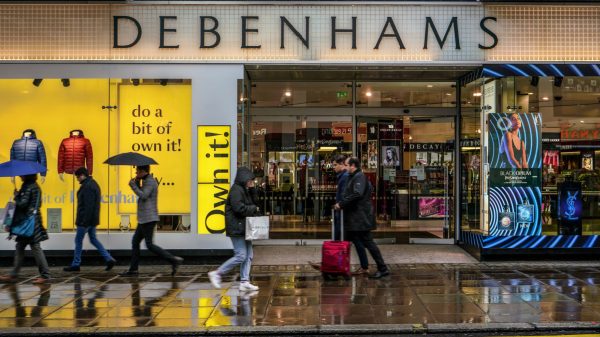
“Those stores had great leverage in the capital markets, and they owned their sites. They went through many iterations of sale and leasebacks, and ultimately leasing all their stores out.”
“That’s fine until the market becomes cyclical. Then you’re caught with a lot of fixed costs at a time when trade isn’t as good as you would want it to be. That’s the downside of having a big leasehold portfolio. If you’ve got a rent roll of £400 to £500m, you’ve got to sell a lot of products to afford that. There is huge risk in that.”
Ultimately, supermarkets are big property owners, and need to think carefully about how they hold and manage that property.
Keen is a firm believer in owning as much freehold property as possible.
“It strengthens your balance sheet, it gives you great leverage if you’re trying to raise cash in the capital markets, and it’s seen as a good thing by the city. It gives you the flexibility to do whatever you want with those properties from a physical perspective.
“You can also then extend them, you don’t need landlord’s approval, and you don’t need to get into complex negotiations over five-year rent reviews.”
However, as the need for cash grows – particularly for those with debt piles to service – it is likely that some supermarkets will turn to leasebacks.
Due diligence is key, and ensuring that rents are fairly set and the property in question is likely to be a part of the portfolio for decades ahead.





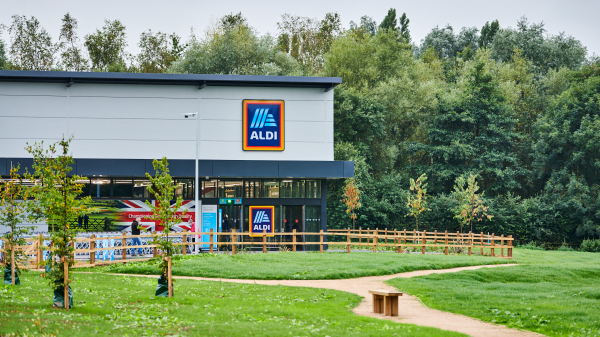

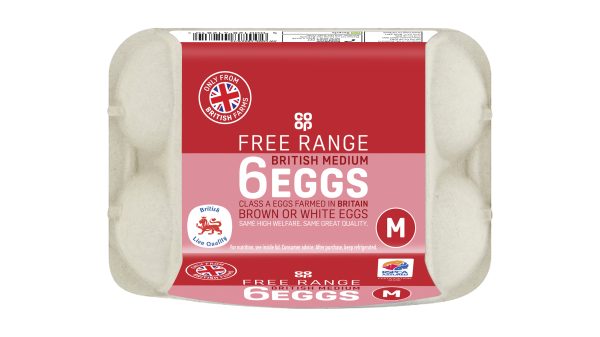
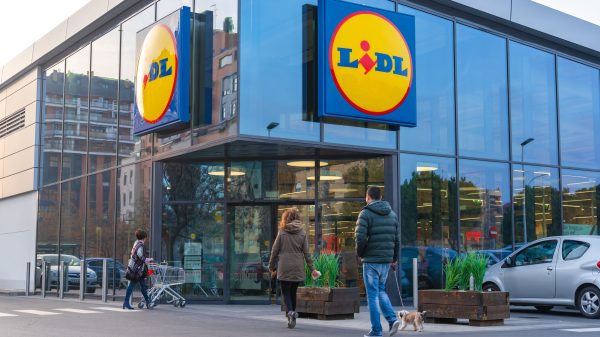
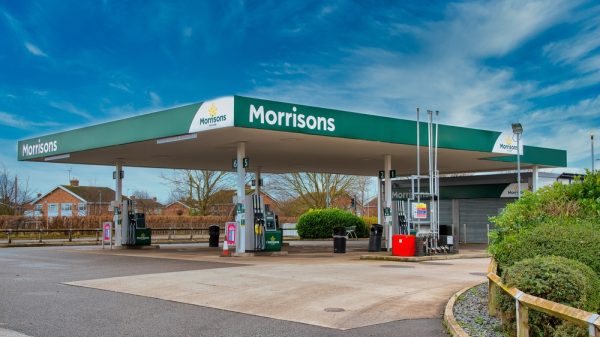
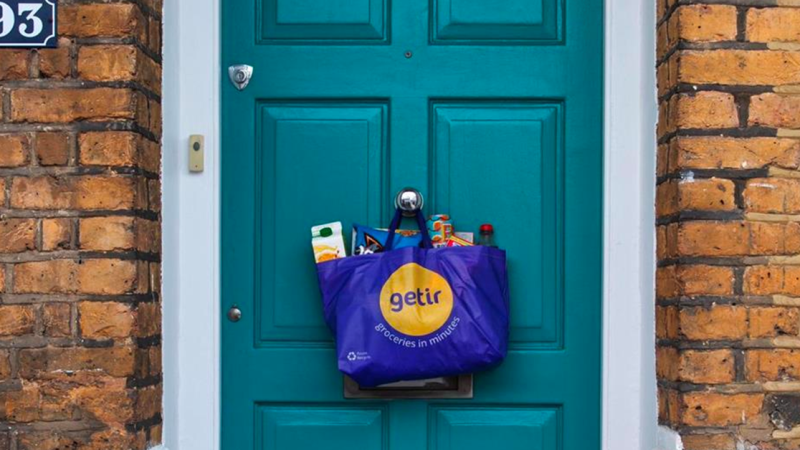
3 Comments. Leave new
The Customers need their Supermarkets. Closing so nany stores down, will put greater pressure on the stores left, to provide enough food and drink and supplies fir everyone. L B Portsmouth
I think you misunderstood. They absolutely will keep the stores open. They’re just selling the freehold and then taking a long lease on the store. They usually have an extension option so they can guarantee use of the store at the end of the lease too.
Asda is likely to have over £9 billion of debt by the end of the year after it buys the UK EG petrol stations. With interest rates likely to stay reasonable high for perhaps years, it is a stupid idea to sell off it’s assets and shows a business that has overreached itself. Prices at Asda are not the cheapest with the discounters hard on their heals. To me, it looks like a mismanaged business.